If you’ve ever said, “It wouldn’t be so bad without the wind!” this blog is for you!
Areas of Expertise
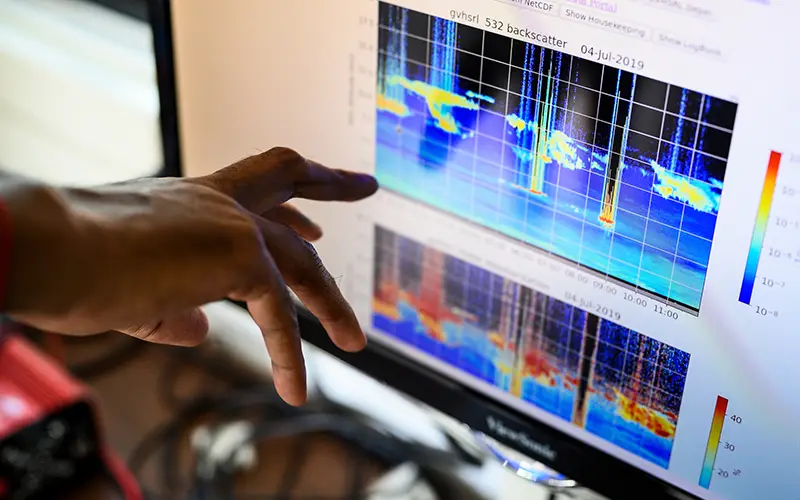
Climate Data
View our collection of Wisconsin climate data, which includes temperature, precipitation, snowfall, and other records dating back to the 19th century.
Recent data | Historic data
Wisconsin seasons | Climate divisions
First-order stations

Education & Outreach
Explore our weather and climate education resources to learn about Wisconsin’s historic and current climate.
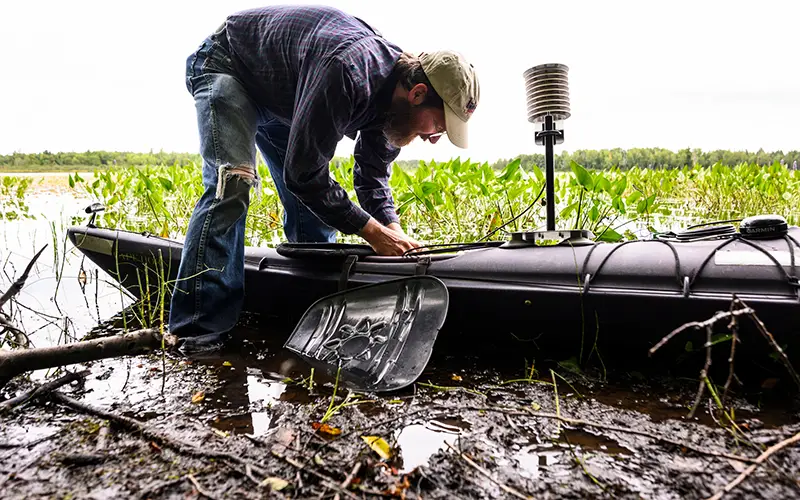
Research
Learn how we’re addressing the challenges posed by Wisconsin’s climate, particularly among rural and agricultural communities.
Specialized Climate Information

Lake Ice
See the history of freezing and thawing of Madison’s lakes, from 1852 to the present, in addition to current and historical ice conditions on the Great Lakes.
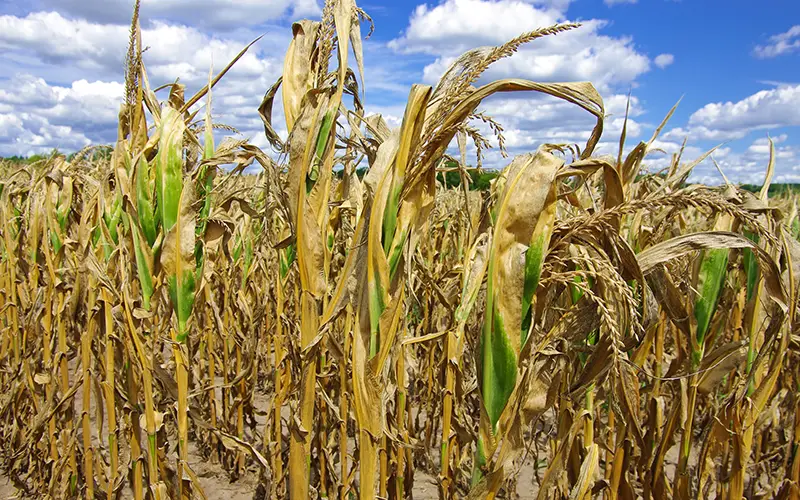
Drought
Get real-time and historical data on drought and moisture conditions across the state.
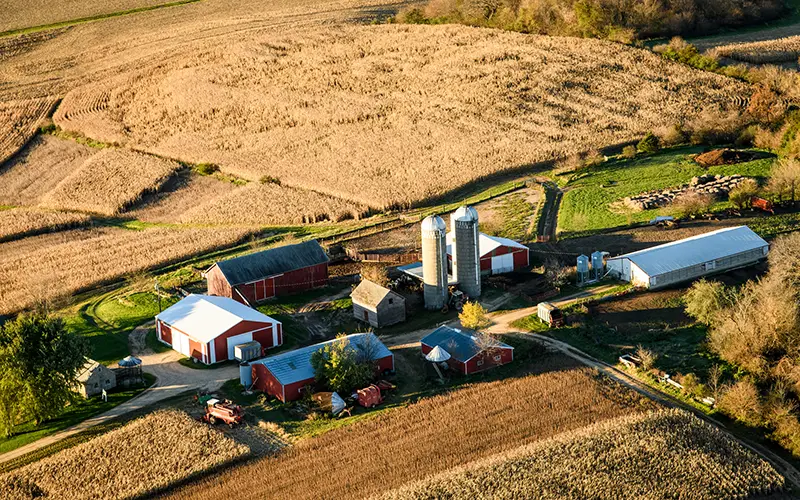
Agriculture
Find local climate and weather information tailored to Wisconsin’s farming community.
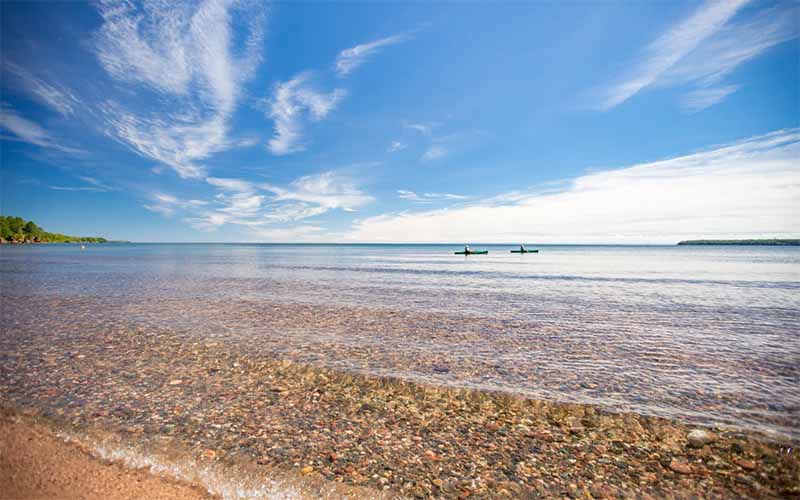
Climate Trends
View historical changes and future projections for temperature and precipitation across Wisconsin.
Wisconsin Climate Summaries
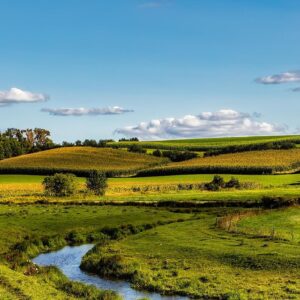
Annual 2025 Climate Summary
From Arctic winter blasts to unusual fall warmth, and from droughty stretches to heavy rains, 2025 delivered both temperature whiplash and precipitation ping-pong across the state.
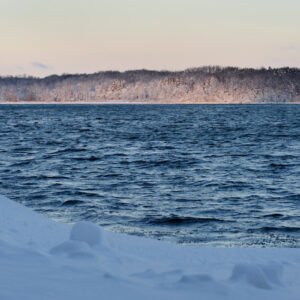
December 2025 Climate Summary
The first month of winter began with a burst of severe cold and lingering November snow, then flipped to temperature swings and mixed precipitation.

November and Fall 2025 Climate Summary
The winter season was eager to arrive in Wisconsin this year, and managed to edge its way into the final month of meteorological fall.
- View more climate summaries